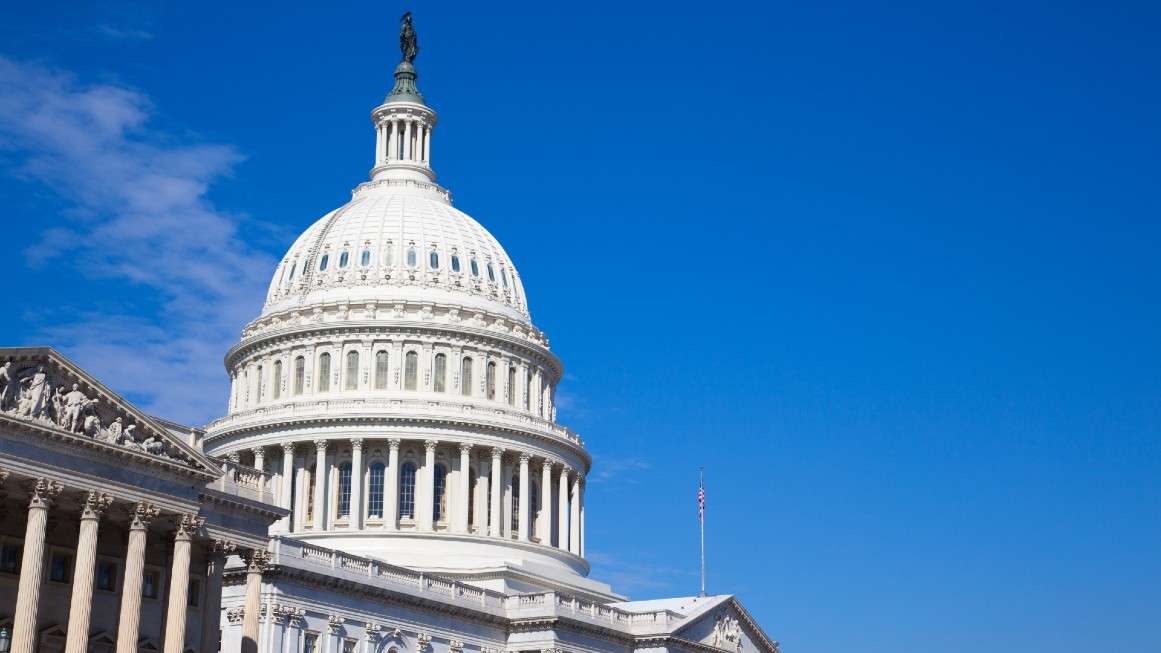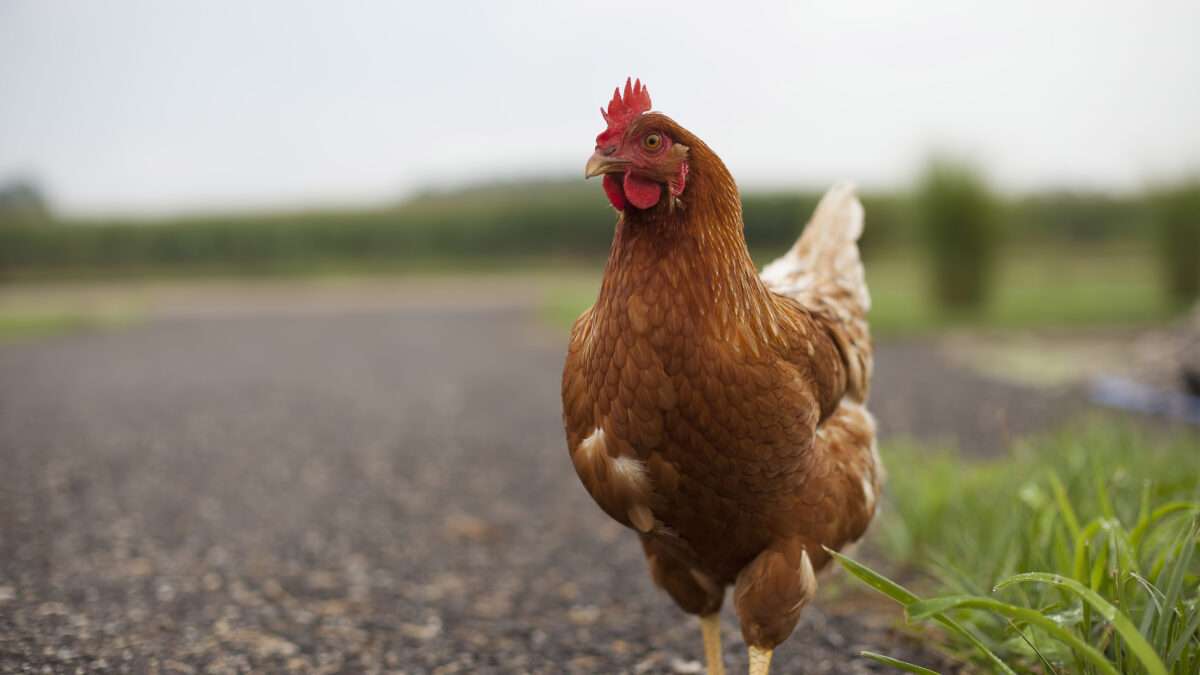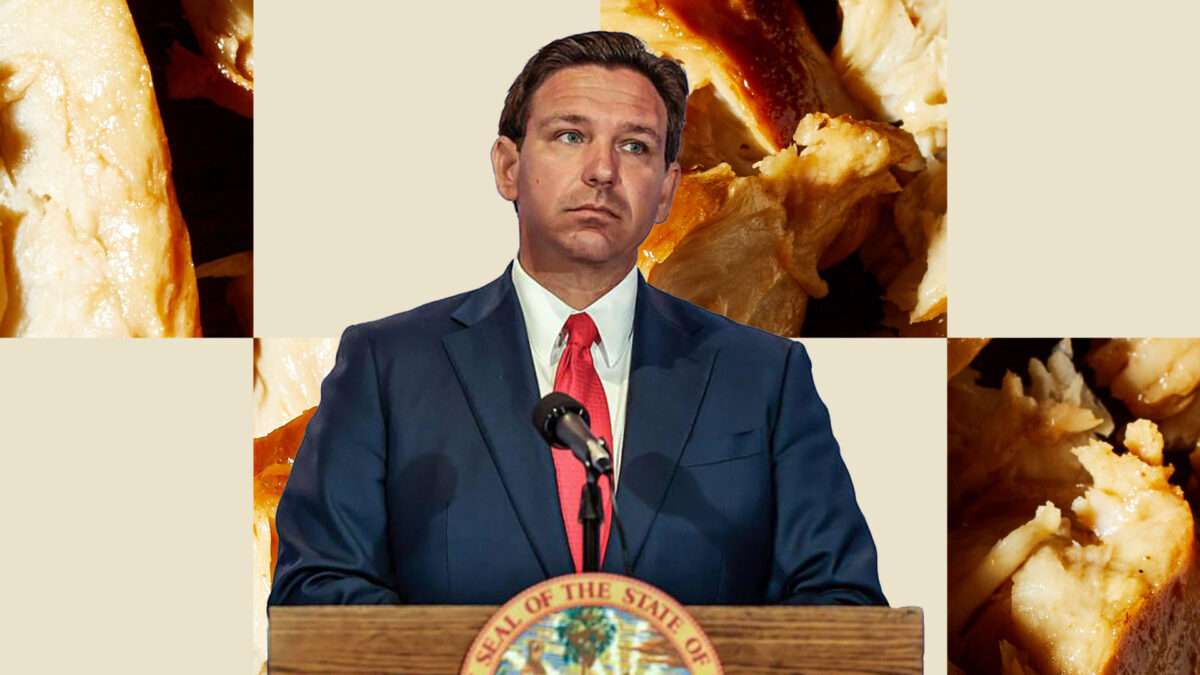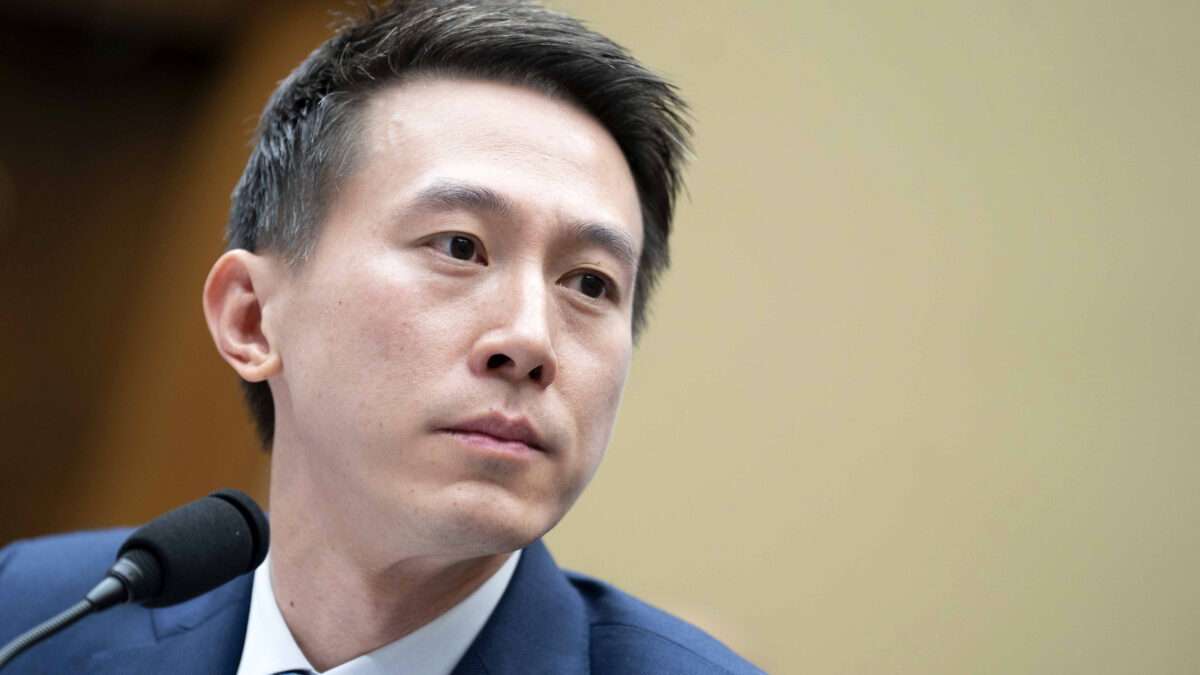New Bill Would Revive the Right To Sue Federal Cops for Constitutional Violations

Democrats in Congress have reintroduced a bill that would revive the ability to sue federal law enforcement officers for constitutional violations like excessive force, following a series of Supreme Court decisions that have made it practically impossible to do so.
Sen. Sheldon Whitehouse (D–R.I.) and Reps. Hank Johnson (D–Ga.) and Jamie Raskin (D–Md.) reintroduced the Bivens Act in the Senate and House, respectively, this week. The legislation would amend the Civil Rights Act of 1871—a federal statute that allows people to sue the government for civil rights violations—to include federal officials acting under the color of law, as well as state and local officials.
"Public officials at all levels of government, including law enforcement, should have a clear, fair standard of accountability when they break the law," Whitehouse said in a press release. "Our Bivens Act would end the confusing judicial precedent that for too long has prevented victims from holding federal officials accountable and securing compensation for constitutional violations."
In 1971, the Supreme Court ruled in Bivens v. Six Unknown Named Agents of Federal Bureau of Narcotics that federal agents may be sued when they violate someone's rights. But subsequent Supreme Court rulings over the years have steadily narrowed the scope of so-called Bivens claims to the point where it's a dead letter.
In the most recent case, Egbert v. Boule, the Supreme Court ruled in 2022 that a bed-and-breakfast owner could not sue a Border Patrol agent who had allegedly assaulted him and then retaliated after he complained. Reason's Damon Root summarized the case:
At issue were the actions of a border patrol agent who sought to question one of the guests at a Washington state bed-and-breakfast about the guest's immigration status. When owner Robert Boule told the agent, Erik Egbert, to leave his property, Egbert allegedly assaulted Boule. Then, when Boule complained about the alleged assault to the agent's superiors, Egbert allegedly retaliated by asking the IRS to investigate Boule, who was audited.
The Court ruled 6–3 that Boule could not bring a claim against Egbert for excessive force or First Amendment retaliation.
That same term, the Court declined to hear petitions involving cases where a St. Paul police officer invented a fake sex-trafficking ring and jailed a teenage girl for two years on trumped-up charges and where a Department of Homeland Security agent allegedly tried to kill a man because of an argument involving his son.
As Reason's Billy Binion wrote at the time, "A federal badge will now serve as an impenetrable shield against civil liability for violating the same laws agents are charged with upholding."
That's not just the opinion of some whacky libertarians either. Federal Judge Don Willett complained in a 2021 opinion that the Supreme Court has gutted Bivens to the extent that "if you wear a federal badge, you can inflict excessive force on someone with little fear of liability."
The Bivens Act is supported by numerous civil rights and watchdog groups, including the American Civil Liberties Union, the Drug Policy Alliance, and the Project on Government Oversight.
The post New Bill Would Revive the Right To Sue Federal Cops for Constitutional Violations appeared first on Reason.com.









